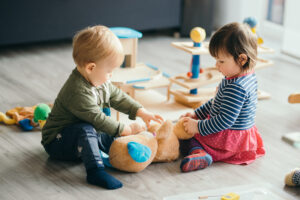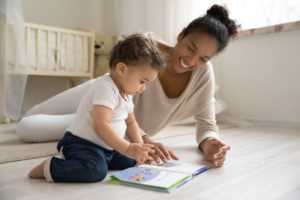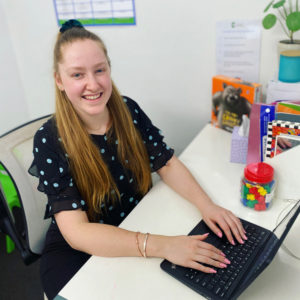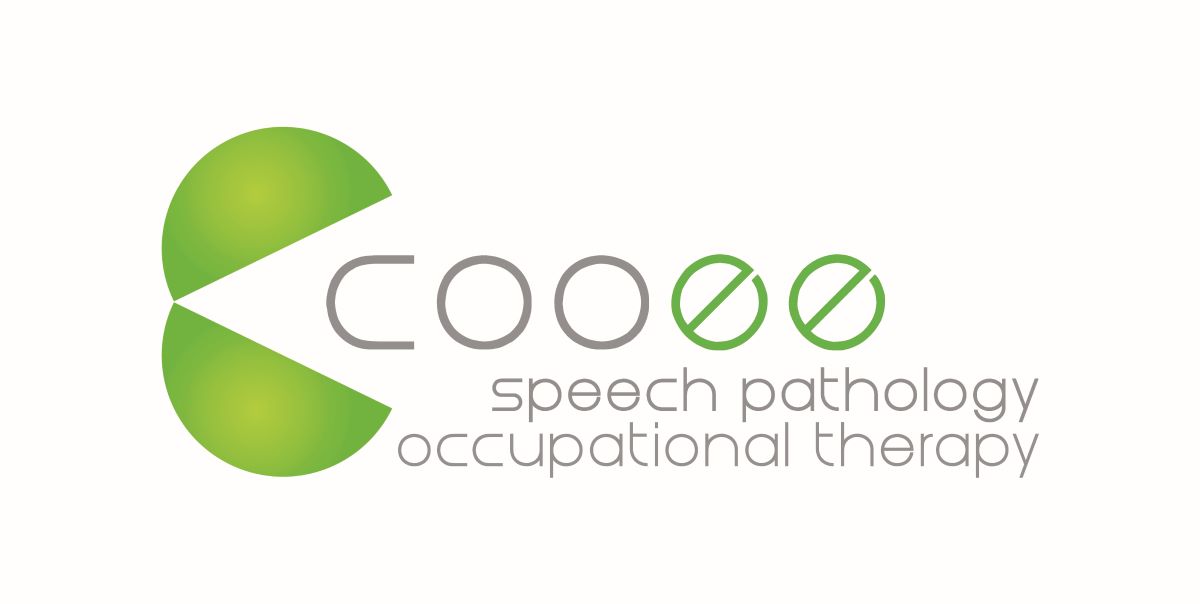Supporting toddlers to develop two or three word sentences
“My child says lots of single words, why aren’t they put two words together?”
As a speechie, I have worked with many children who come into the clinic and appear to be “stuck” speaking at the single word level. The child may have lots of single words, but they are not yet putting those words together.
The first question I ask parents is “what types of words is your child using”. When parents and I dive a little deeper, we often find that the child has lots of naming words (nouns) in their vocabulary such as “cookie”, “juice”, “ball”, but they lack action words (verbs).

What’s the importance of action words?
Whether it’s talking about a movie we saw, a meal we ate, or a person we spoke to, action words are a crucial part of how we express ourselves.
So when a child has predominantly naming words but few action words in their vocabulary, the child often uses a single word “juice”, rather than combine that naming word with another word, (e.g. an action word), to create a two word phrase such as “drink juice”.
As adults, every sentence we say contains an action word. In order for children to start putting words together and develop their “sentence structure”, they need action words in their vocabulary.
The reason we want a child to understand and use more action words is so they can express themselves more effectively. If Child A says, “ball”, they may mean “kick ball” or “throw ball”. However, if Child A uses an action word such as “roll”, I as a communication partner know they want me to roll the ball. By using an action word, Child A has conveyed their message with more specificity and thus, more success.
How can I help my child put two words together?
The most simple strategy parents can use to support a child’s understanding and use of action words is commenting on the actions we do and see in our everyday lives.
When cooking, we can comment on how we are “cutting”, “mixing” and “tasting”. During bathtime, we can comment on how the child is “splashing”, “pouring water” or “washing”.
Action words are such a powerful part of our language, and we can model them anywhere, anytime.

Some children require more specific and individualised support to develop their language skills, contact our Speech Pathologists if you feel like your child may need additional help or a specifically targeted plan to develop their communication.

Robbie Corgat
Speech Pathologist
